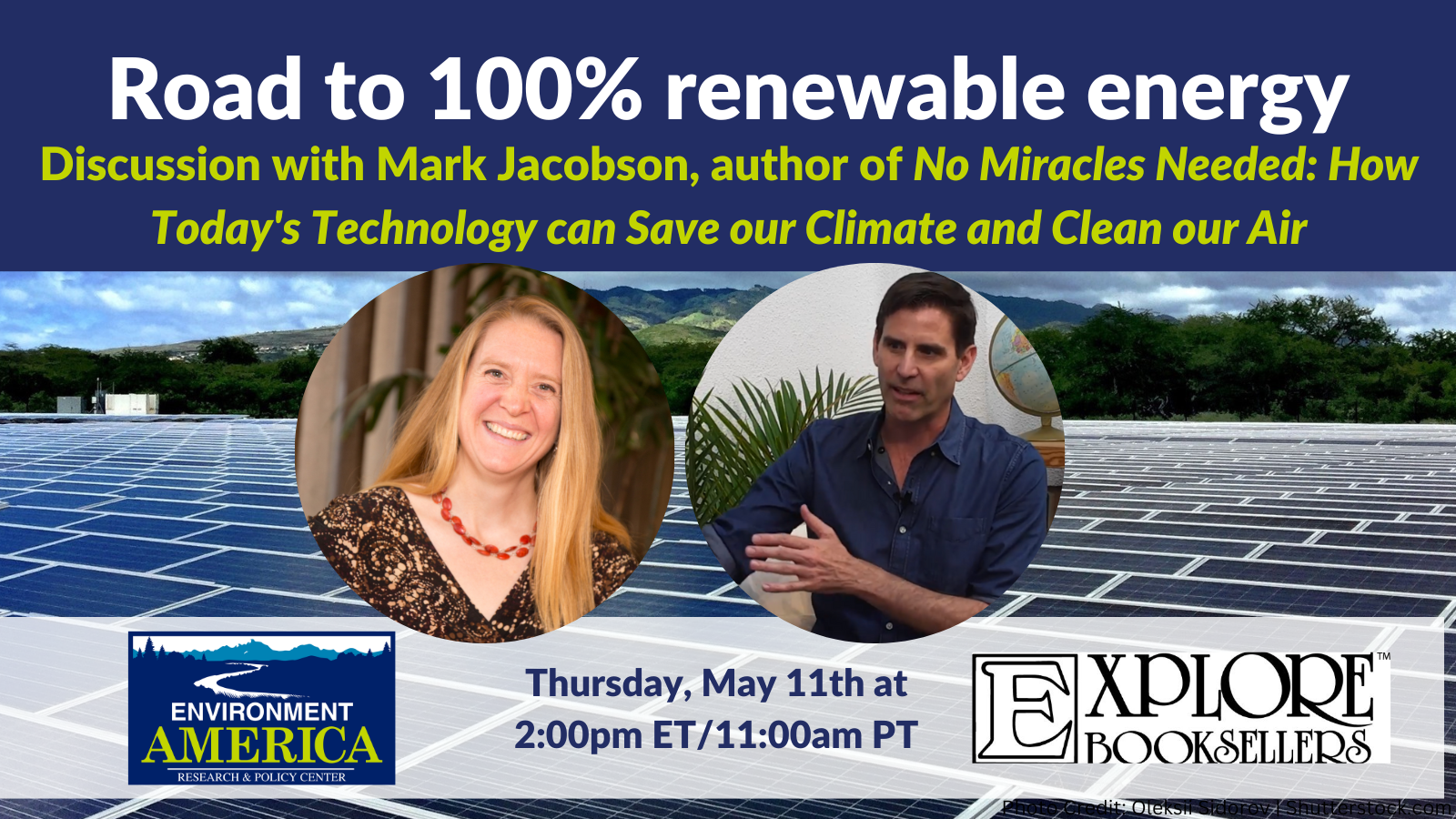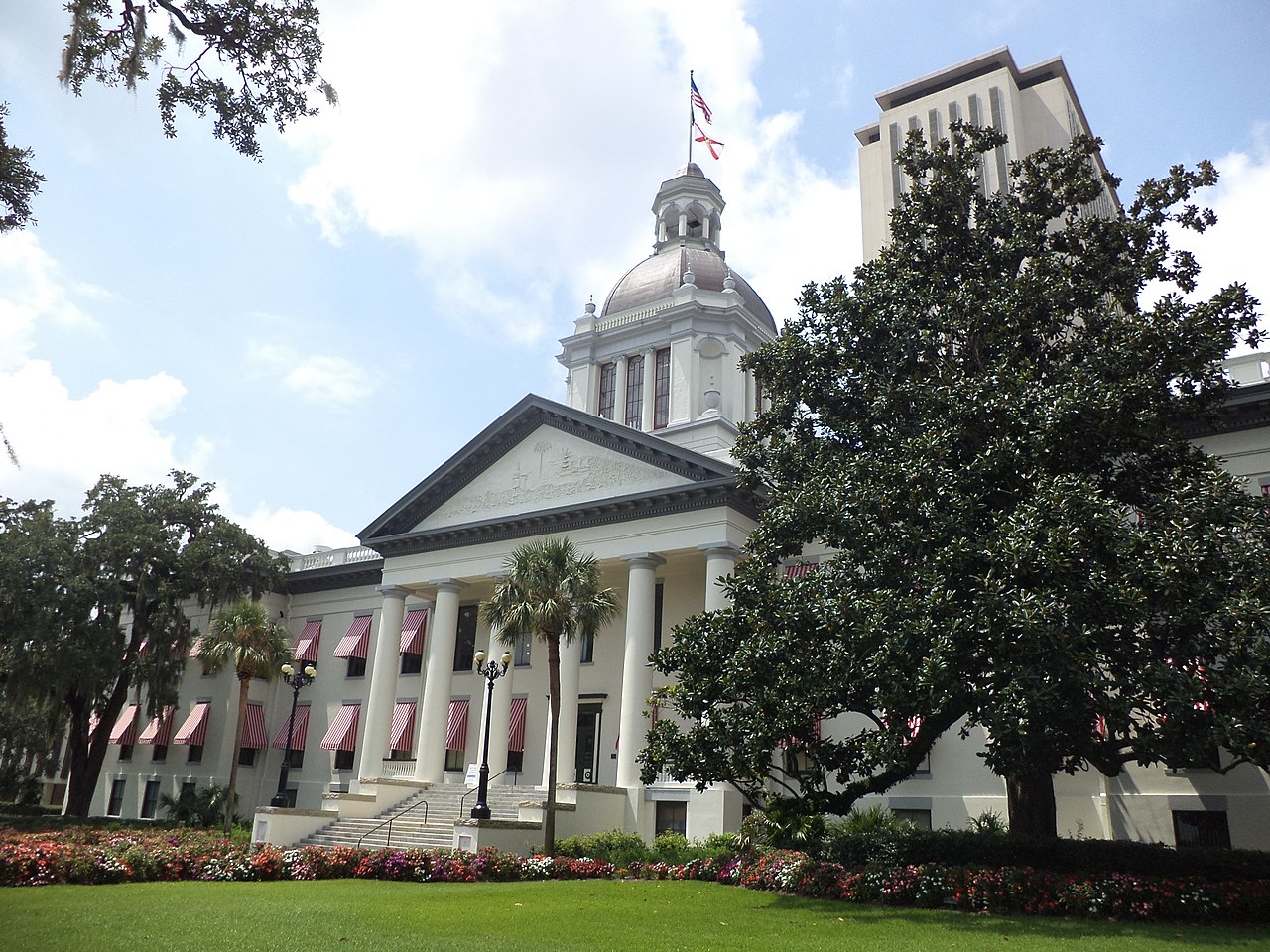
Environment Florida’s 2024 Priorities
Environment Florida outlines our legislative and program priorities for the coming year
Environment Florida is a policy and action group with one mission: to restore and protect the natural world. Here are our program priorities for 2024.
Environment Florida is a policy and action group with one mission: to restore and protect the natural world. Our staff works for clean air, clean water, clean energy, wildlife, open spaces, and a livable climate. Our members across the state put grassroots support behind our research and advocacy.
Here are our program priorities for 2024.
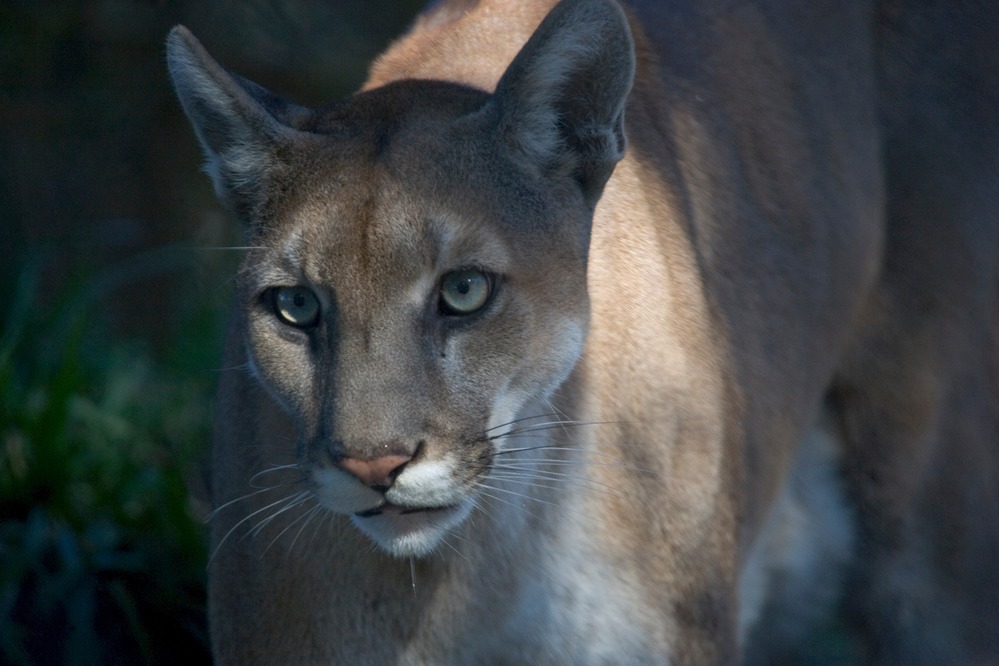
Connecting Wild Places: Florida is home to thousands of unique species, yet hundreds of them are falling into decline because of residential and commercial development according to our state Wildlife Action Plan. These native populations are struggling to survive in dwindling habitats and avoid the threats that come with an influx of new residents. Our green spaces need intentional protection that creates connected wild pathways for animals to travel and wildlife specific roadway crossings to avoid vehicle collisions. Development in Florida must include protections for wildlife and wild spaces. We need to focus on protecting our most critically endangered species.
We are urging legislators to:
Fund crossings for the endangered Florida panther
The #1 known cause of panther deaths in the state is vehicle collisions. 71 panthers have been killed on our roads in the last 3 years, and the population is only estimated to be 150-250. Funding wildlife crossings for panther collision “hotspots” identified on the FDOT ESRI map would reduce panther deaths, human injuries and costly cleanups on our roads. These crossings are highly effective and need to be implemented in the places where they will be most effective at saving panther lives.
Stop development in panther habitat
The critically endangered panther is predominantly found in Southwest Florida. Adding new communities like the proposed 10,000 home Kingston development in eastern Lee County is a mistake. It divides currently connected panther habitat, guaranteeing more human/animal conflict, and bringing an extra 96,000 trips on local roads. These roads already contain hotspots where panther vehicle collisions occur most. Florida must enforce stronger protections and limit development in panther habitat.
UPDATE 3/18/24 – A federal judge halted permitting on the Kingston development in February. The judge said the developer had not done enough to mitigate the impact Kingston would have on the endangered species found on federal wetlands that were a part of the new footprint. The judge put wetlands permitting back into the hands of the federal EPA instead of allowing the state to issue permits on federal lands.
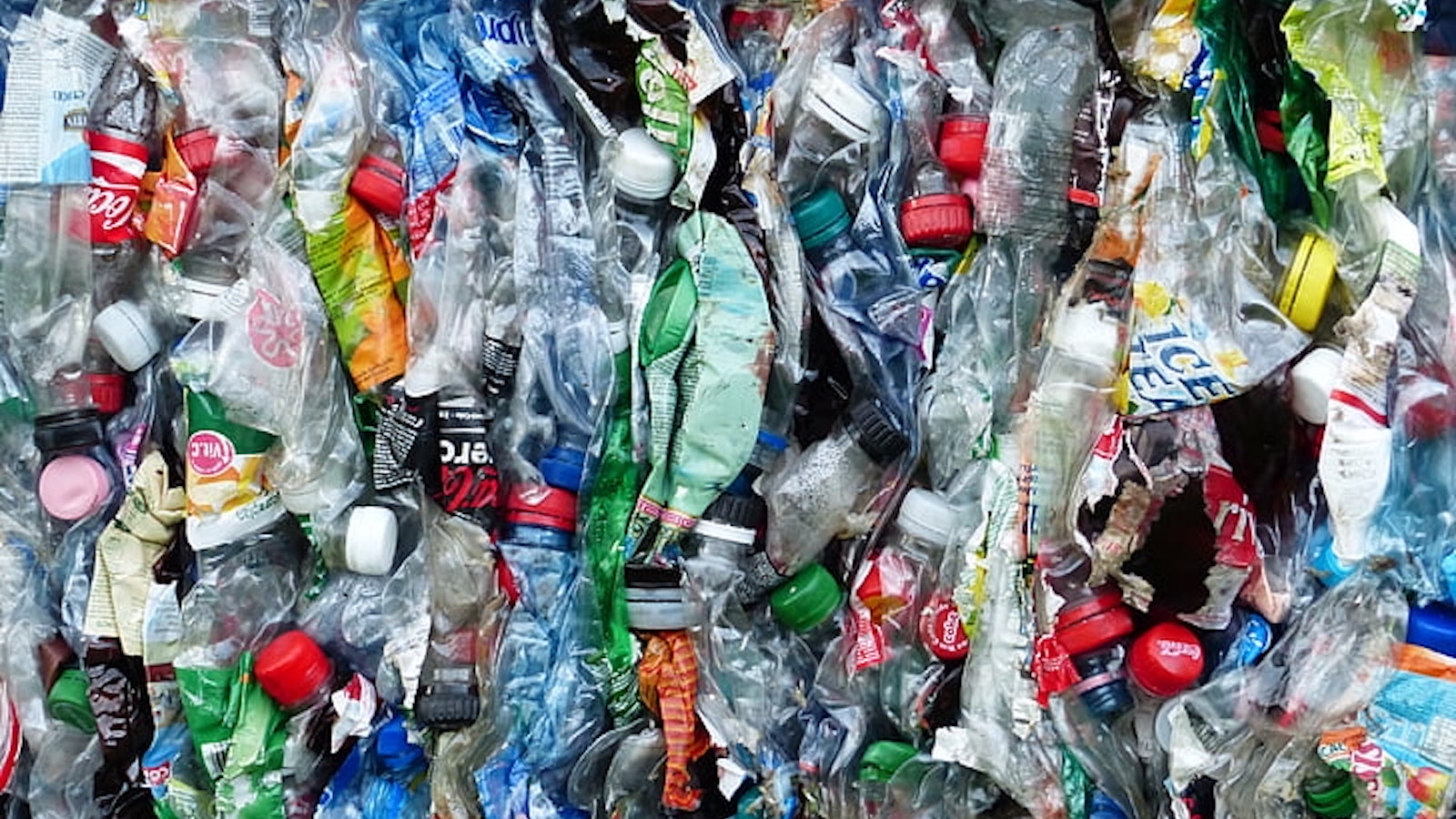
Wildlife Over Waste: Every day people are throwing away tons of single-use cups, containers and other plastic “stuff.” Among the most common and hazardous forms of plastic pollution are polystyrene foam containers (the stuff most of us call Styrofoam) and single-use plastic bags, which persist in the environment for hundreds of years. Nothing we use for a few minutes should be allowed to pollute our waters and threaten wildlife for centuries. Environment Florida is committed to plastic and waste reduction initiatives aimed at reducing contact with wild animals.
Environment Florida supports:
Regulation and reduction of single-use plastic products
- Giving local governments the ability to enact stronger rules regarding single-use plastic. Ultimately we need Florida to take action at the state level. Right now many coastal communities are fighting against an onslaught of plastic on our beaches and in our waterways. Until then, giving authority to our local elected officials to enact regulations regarding single-use plastic is a move in the right direction. SB 698 requires the DEP to provide retail bag reports and recommendations to the legislature. And it gives coastal communities the ability to pilot regulations on single-use plastic products.
UPDATE 3/18/24 – This legislation did not pass this session, however we are continuing to organize around this as a priority. We will use the momentum gathered in defeating SB1126 (see below) to create a stronger campaign aimed at giving local governments the ability to regulate single-use plastic.
- But there is also bad legislation HB 1641/SB 1126 seeking to block the notion of updating our retail bag report and prevent our local municipalities from creating any container regulations including single-use plastic. For example, this would make it illegal for any local government to enact a plastic bag ban. A new report from the Environment America Research and Policy Center shows that bag bans can save 300 bags per person from entering our environment and waste systems each year. And our research shows that bans can reduce polystyrene foam litter by up to 61%.
UPDATE 3/18/24 – By organizing a media blitz of opposition, engaging our members with an action email to legislators and joining our coalition partners to speak against this legislation in committee, we were able to keep HB1641/SB1126 from moving past committee to a floor vote.
Banning outdoor balloon releases
We strongly support HB 321/SB 602 prohibiting the intentional release of balloons outdoors. Balloons are a common type of litter found along the Florida coastline and pose a significant danger to wildlife. Fish, sea turtles, birds, and marine mammals are all at risk of ingesting this type of plastic because it looks similar to things they eat. We need more of this type of legislation to help fight plastic pollution and protect our coastal wildlife.
UPDATE 3/18/24 – This bill passed with little opposition, showing a strong bi-partisan win for Florida’s environment. This could signal that the legislature is ready to take the next steps in working to phase out single-use plastic in our coastal communities.
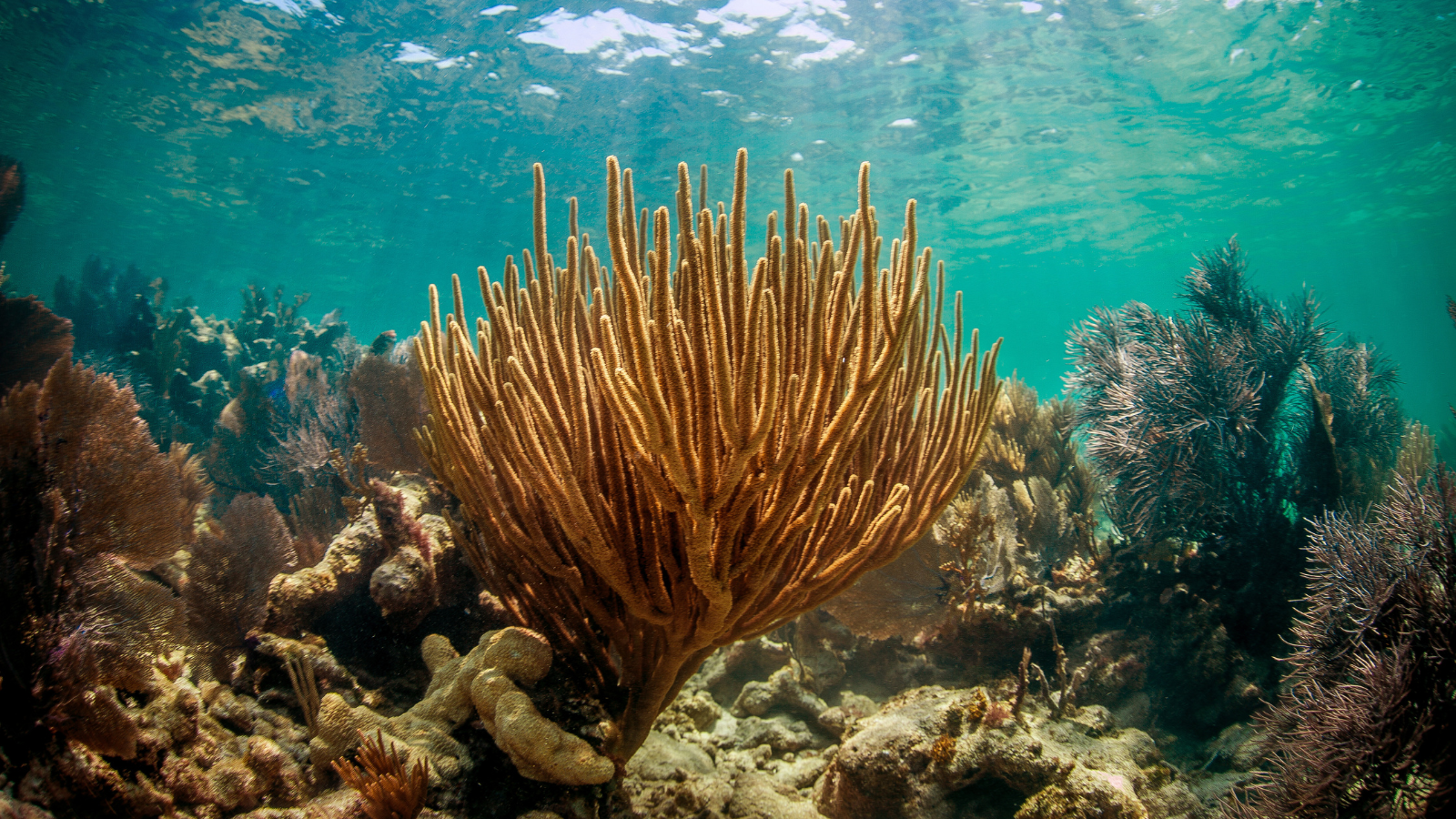
Our Oceans: Florida is home to sandy beaches, vibrant coral reefs, two large estuaries and an astonishing variety of ocean wildlife. Yet there are challenges. Rising ocean temperatures are causing corals to bleach and die and water quality continues to decline across the state. Meanwhile, the threat of offshore drilling remains at large. Species like the endangered Rice’s whale in the Gulf of Mexico are on the brink of extinction due to vessel collisions, marine debris entanglement and oil spills all associated with offshore drilling.
Florida needs to:
Permanently ban offshore drilling
While offshore drilling anywhere poses significant risk to ocean wildlife, we are especially mindful of protecting our abundant Florida shores. The federal Florida Coastal Protection Act would permanently ban any oil or gas related activity off the Florida coast. While oil spills can still impact our state as we saw from the Deepwater Horizon spill in 2010, banning drilling activity from our coasts permanently is a top priority.
Enact more marine protected areas
The highly anticipated Florida Keys Marine Sanctuary Restoration Blueprint is expected to be released by NOAA mid 2024. It includes new marine protected areas (MPAs) in the Keys and stronger protections for some existing MPAs. We are encouraging the state’s Coral Reef Coordination and Restoration Team to work closely with NOAA so the most effective restoration is achieved in a swift manner. And we encourage the expansion of MPAs to coastal areas where animal strikes occur most often and ecosystems are being destroyed by boating activity.
Adopt the Safe Waterways Act
Having clear and accurate information about fecal bacteria levels in the places we swim is important, not only for public health but also to get a clear idea of how much of this pollution is entering into our waters. HB 165 /SB 338 would transfer the duties related to bacteriological sampling of beach waters from the Department of Health to the Department of Environmental Protection. It also requires adoption and enforcement of rules to protect public health for everyone who swims in beach waters and requires public advisories be issued when they have high levels of fecal bacteria. Communicating those advisories has historically been a problem and this legislation calls for a public-facing database for fecal bacteria statewide. In our Safe for Swimming report published in 2022, of the 244 Florida beaches tested, 170 had potentially unsafe levels of fecal bacteria on at least one testing day.
UPDATE 3/18/24 – This legislation passed both the house and the senate under a new name: Sampling of Beach Waters and Public Bathing Spaces. We know that good data is the best way to secure funding for environmental work. This legislation will help establish a good base line of data that will be available for public heath and environmental work.
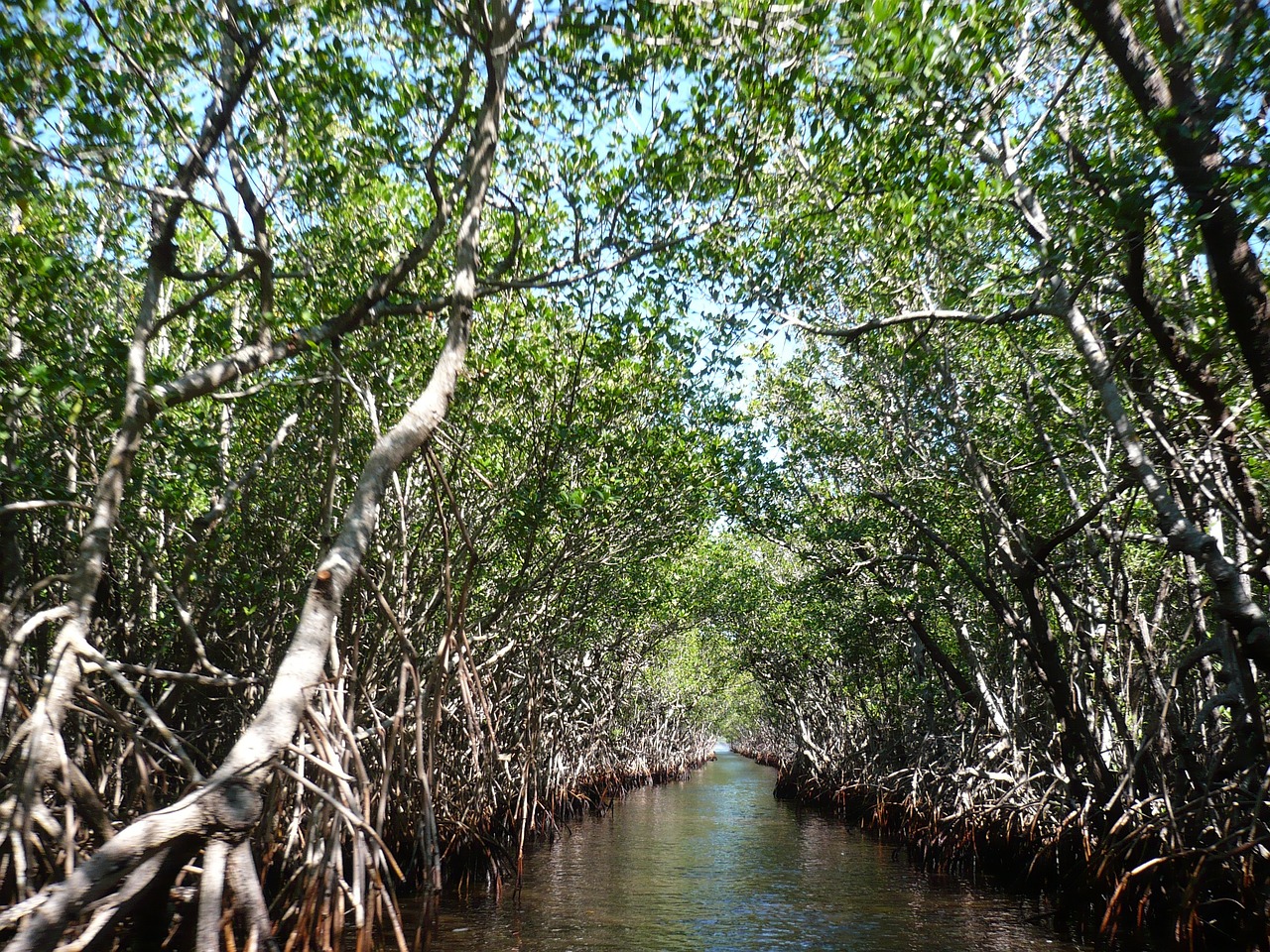
Protecting Our Waters: From the salt marshes on the northern coast to the shallow shores of Lake Okeechobee, the largest freshwater lake in the U.S., our estuaries and coastal waters depend on streams and wetlands to filter out pollutants. Yet as a result of a 2023 Supreme Court’s decision, more than half of our nation’s streams and remaining wetlands no longer have federal protection from pollution or degradation. Florida should strengthen its protections for wetlands and streams – including stricter permitting, applying for conservation funding, and expanding protective designations to important water systems.
We support efforts to:
Protect our wetlands
Florida wetlands are essential to filtering out pollution before it reaches our bays, rivers and oceans. They are home to hundreds of birds, bringing enjoyment to our residents everyday. Protecting each municipality’s right to create buffer zones from development around these sensitive lands is a priority. Proposed bills like HB 527/SB 664 will reduce protections to these precious natural resources. We strongly oppose legislative language like this, that reduces the ability of local governments to protect their natural resources.
UPDATE 3/18/24 – After a well researched article on how wetlands effect on our manatee feeding grounds and asking our members to take action with a letter to legislators, this legislation died early in committee meetings.
Reduce water pollution near manatee feeding grounds
Manatee populations have decreased year over year since 2017, one major reason is the reduction of seagrass, their primary source of food. Declining water quality from pollution like nitrogen is causing harmful algal blooms that kill the seagrass. We need stricter permits and expanded protections for our waterways, focusing on tributaries that drain into manatee feeding grounds first, like the Indian River Lagoon, our central Florida springs and Tampa Bay.
Protect public participation in environmental permitting
To enforce current environmental laws that protect our waterways, we also need to make sure that public participation in environmental permitting is protected, as outlined in the Clean Water Act and EPA regulations. Legislation proposed in SB 738/HB 789 would require anyone, including nonprofits or individuals who bring a lawsuit against the state Department of Environmental Protection or water districts, to pay the court costs and attorney fees for the prevailing winner of the case. This would make it extremely difficult for nonprofits like Environment Florida and our coalition partners to make sure environmental permitting laws are enforced.
UPDATE 3/18/24 – Environment Florida took action with letters to state legislature committee members urging them not to support this bad bill. We joined forces with coalition members to alert DEP secretary Shawn Hamilton that this bill could violate the Clean Water Act. The language that shifted attorney fees was dropped from this bill, signaling a win for Florida’s environment watchdogs.
Protect the Everglades
The Everglades are one of largest wetlands in the world, a national treasure and recognized as a Wetland of International Importance. The preserve provides protected habitat for more than 2,000 species, many of which are endangered species like the manatee, panther and American crocodile. It’s one of our most visited natural sites in the state of Florida and provides most of the drinking water for 9M South Florida residents. Protecting this environmental preserve from development and the pollution that comes with it is a top priority. We support HB 723/SB 1364 because it would require any proposed amendments within 2 miles of the protected Everglades to be reviewed by the Department of Environmental Protection for anything that could harm the ecosystem.
UPDATE 3/18/24 – Sadly this bill did not pass this session. However, appropriations in the budget for Everglades restoration passed both the house and senate with a record $614M in funding. This a win to keep restoration moving forward.
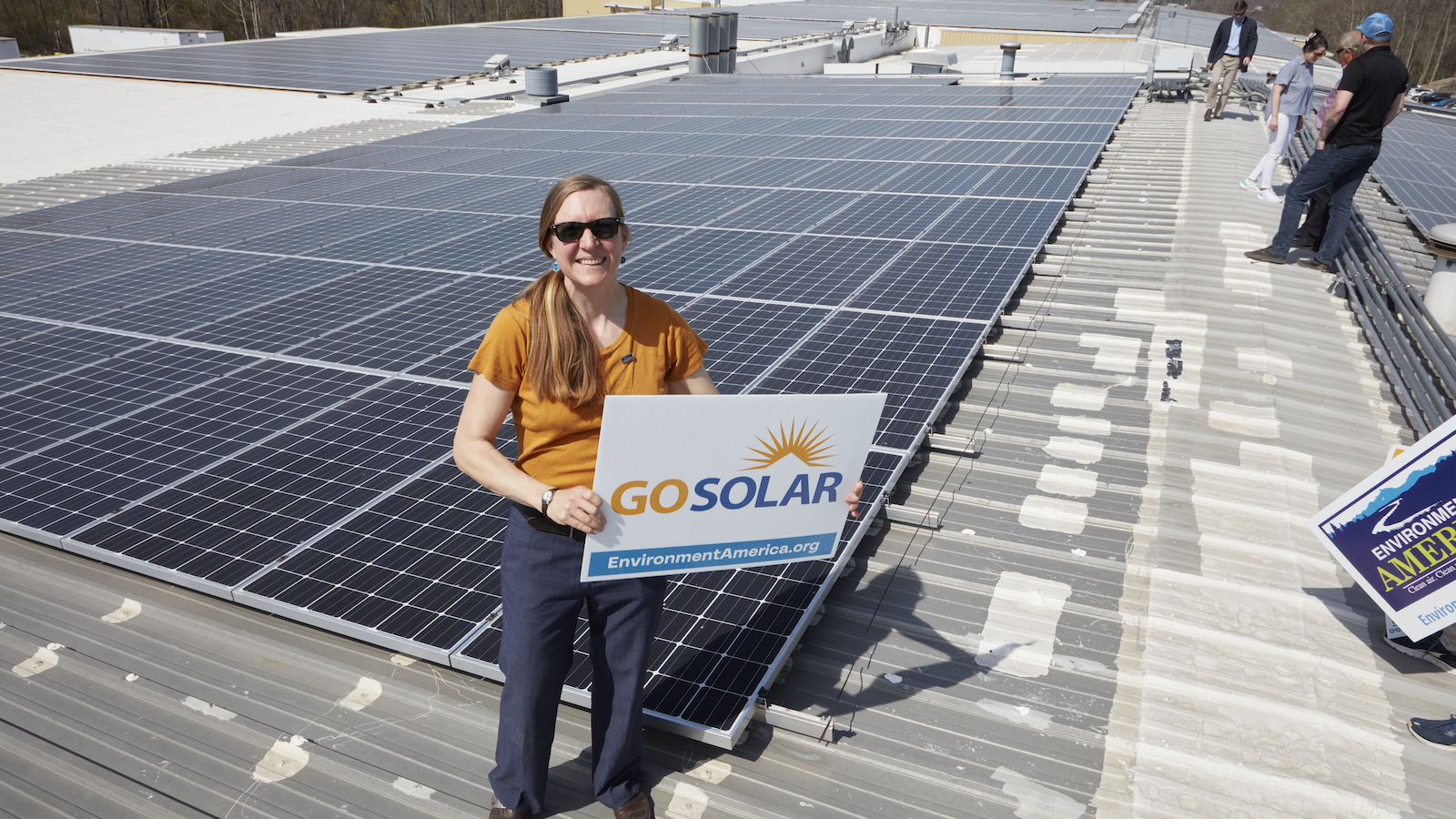
Clean Energy: More Floridians are moving towards clean energy sources. Our Renewables on the Rise report released in November 2023 showed that Florida is second in the nation at producing solar energy and we are still not even close to reaching our renewable energy potential. Every year, enough sunlight shines on America to provide 100 times more power than we need. We support initiatives that find ways to harness renewable resources to reduce our dependence on fossil fuels.
We are working to help Florida adopt:
Right-of-Way Solar Highways
The Florida Department of Transportation owns and maintains significant land areas along highways. These “right-of-way” areas are perfect spots for solar energy development. They are usually in direct sun, they are easy to access and they are publicly owned lands. Creating “solar fields” in these spots will help reduce the state’s energy costs, reduce land maintenance costs, create new revenue streams, and get us closer to renewable energy goals.
Electric transit
Shifting public transportation away from dirty diesel to clean electric models helps create cleaner air for our communities and reduces greenhouse gasses, the number one contributor to climate change. Environment Florida supports initiatives to to bring electric buses to Florida school districts through the Clean School Bus Program and municipalities implementing electric transit like St. Petersburg’s eLooper bus. We support legislation that will make it easier to implement charging infrastructure and incentives for public and private transportation to go electric.
UPDATE 3/18/24 – Unfortunately SB1084/HB1071 was passed this session that will make it harder for local governments to implement charging infrastructure for electric vehicles. Now, no local government is allowed to enact or enforce an ordinance or regulation related to EV charging stations.
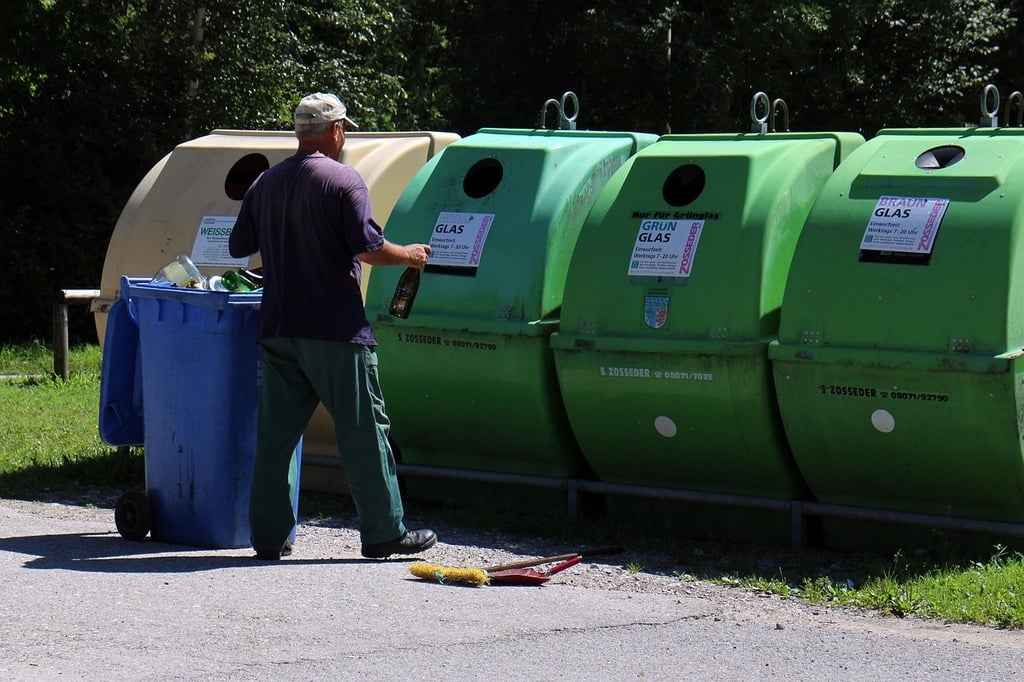
Recycle and Reuse: As a whole, Americans buy way too much. But making an effort to buy reusable products and recycle them should be easy. Effective recycling should be standard in our state. The EPA made recommendations when Florida fell short of its 2020 goal, but so far, there’s been no legislative order to implement them. The result is that municipalities are left struggling to run their recycling programs and some are burning it because they’ve run out of room in landfills. This puts toxic harmful pollution into the air we breathe and can’t be accepted as a long term solution. The lack of a comprehensive plan also undermines the efforts of our citizens who believe in a circular economy. Simply burning or burying products that have reusable value is wasteful and counterproductive to keeping Florida clean and beautiful.
We strongly support:
Comprehensive Waste Reduction & Recycling Plan
HB 455/SB 36 outlines a way forward for recycling in our state. The bill focuses on implementing three DEP recommendations: development of markets for recycled materials, education and outreach, and funding to support local government recycling efforts. It also requires the DEP to set a new recycling goal by 2025.
UPDATE 3/18/24 – While this bill was strongly supported in early committee meetings in the house, it did not make it out of committee this session, despite efforts of support. Which means Florida will continue to struggle through it’s waste management and recycling problems with no clear strategy or plan to move forward in waste reduction.
Establishing incentives to increase proper recycling by adopting a beverage deposit program
Beverage containers are among the most littered items in Florida and “Bottle Bills” are proven to reduce litter and improve recycling efforts. We support Florida pursuing this solution.
Topics
Authors
Mia McCormick
Advocate, Environment Florida
Mia is focused on fighting for clean waterways, protecting Florida’s environmentally sensitive areas, advocating for stronger wildlife protections and reducing plastic pollution on our beaches. Mia lives in the Tampa Bay area and loves taking her family on nature adventures.
Find Out More
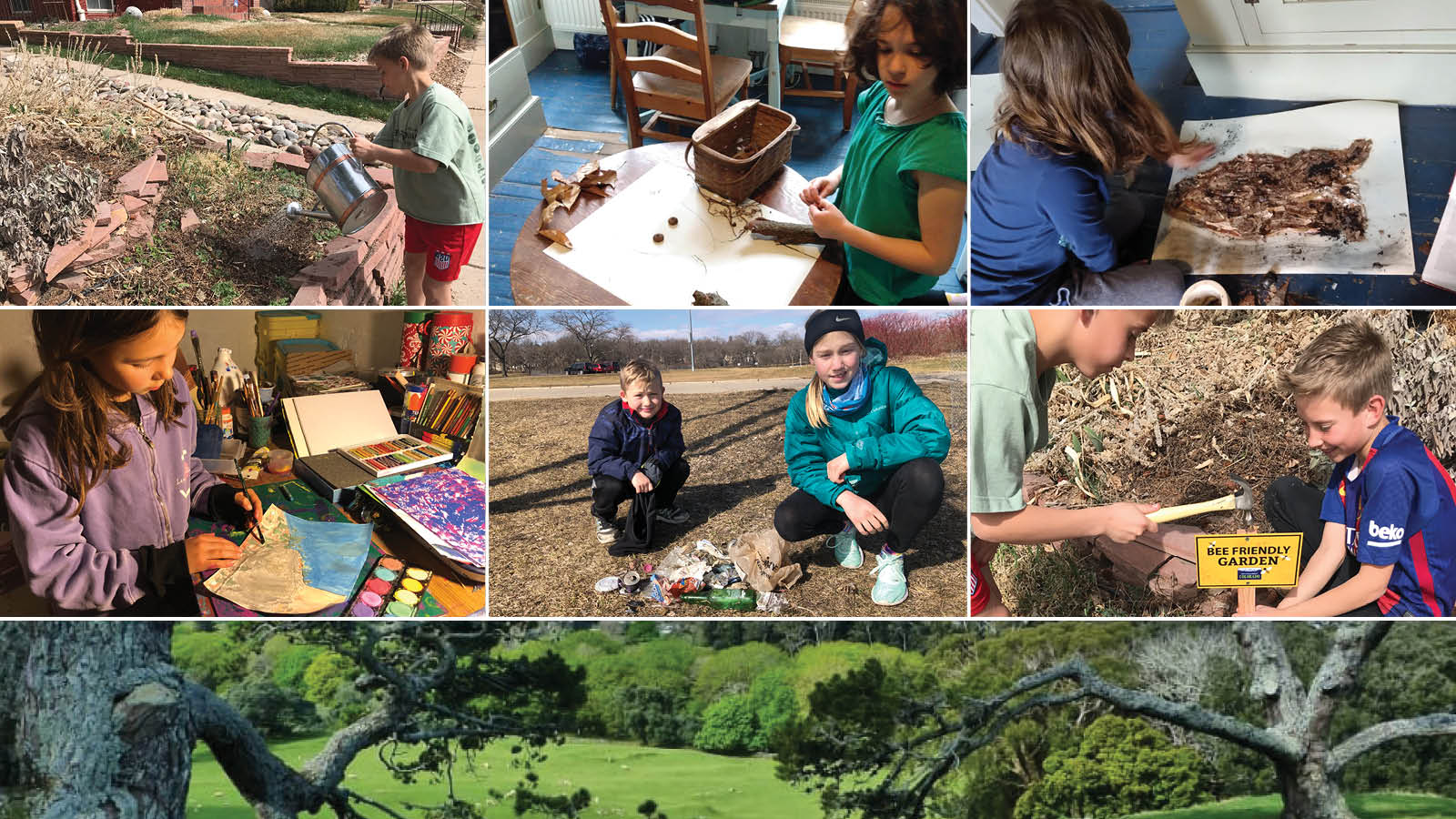
Nifty Fifty Activities

Green schools guide
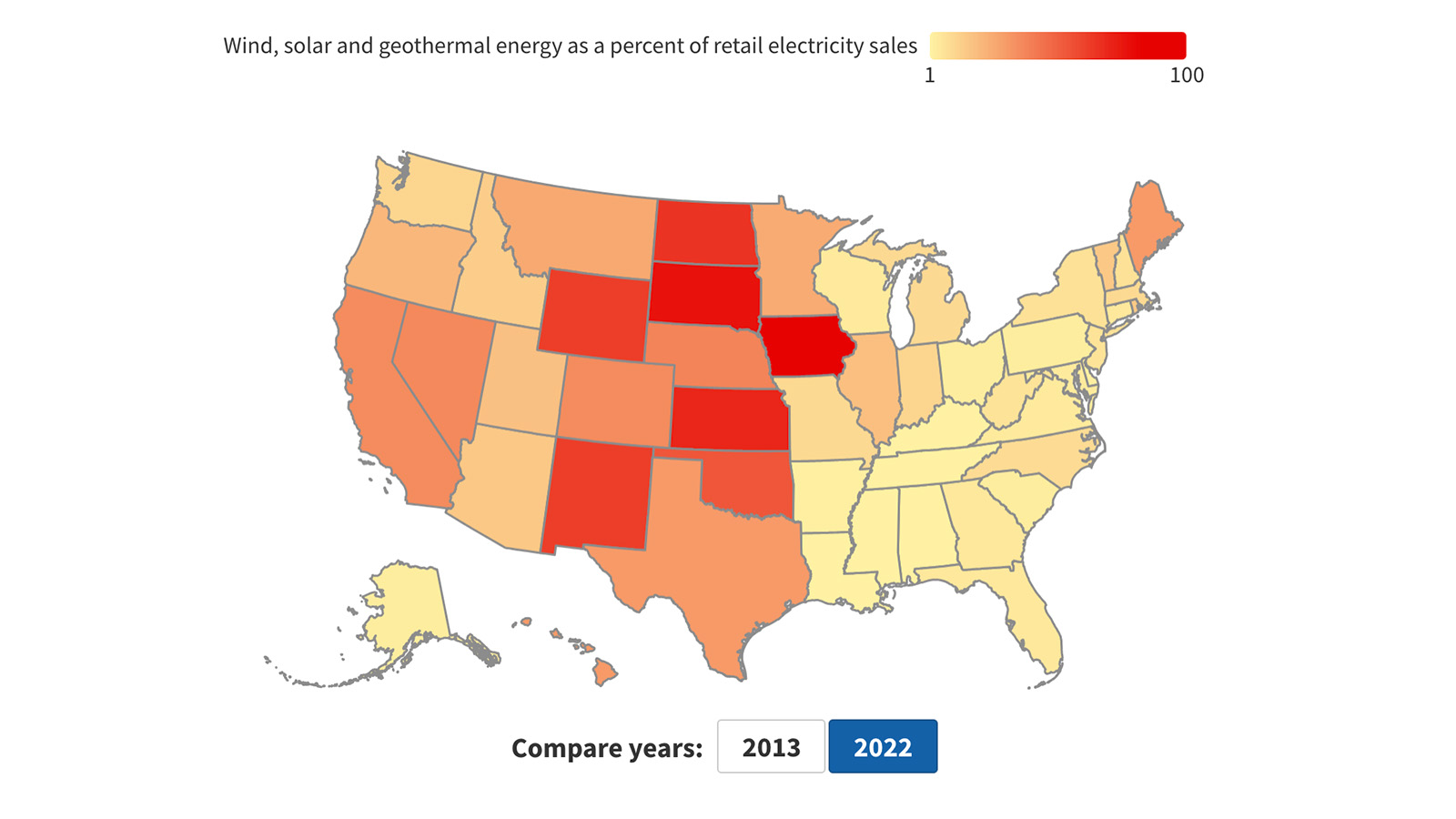
Renewables On The Rise Dashboard
